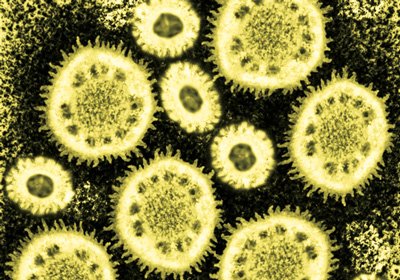MERS treatment demonstrates promising results in mice
Posted: 18 February 2016 | Victoria White | No comments yet
The treatment – an antibody that blocks the MERS virus – was produced by cows that had been genetically modified to mimic certain aspects of the human immune system…


In a new study, researchers have had promising results with a new treatment for Middle East Respiratory Syndrome (MERS).
The treatment – an antibody that blocks the MERS virus – was produced by cows that had been genetically modified to mimic certain aspects of the human immune system. These cows were given a new MERS vaccine that led to production of anti-MERS antibodies in large quantities. These antibodies were then purified to produce the therapeutic that was tested in the MERS-infected mice.
“These results are very promising,” says one of the lead researchers on the study, Matthew B. Frieman, PhD, an Associate Professor of Microbiology and Immunology at University of Maryland School of Medicine. “This is important not only because it gives us a potential way to attack MERS, but also because it provides evidence that using these transgenic cows can rapidly produce therapeutics.”
The researchers plan a human clinical trial within the next six months
SAB, a biopharmaceutical company based in Sioux Falls, South Dakota, provided the genetically modified cows, a technology that it invented. Novavax provided the vaccine that triggered the antibody production in the cows.
“Through this collaborative team, we’ve brought together the top talent of the scientific community, global health experts and novel technologies to demonstrate the efficacy, safety, and responsiveness of our human antibody therapeutic,” said Dr. Eddie Sullivan, PhD, President and CEO of SAB Biotherapeutics, Inc. “As we complete successful studies targeting various diseases, we’re realising the potential broad application and significance of the our platform in addressing these global health threats.”
The next step, which will occur in the next three to six months, will be a human clinical trial to test the safety of the therapeutic. If that works, a Phase 2 trial will follow, to test whether it is effective for use in humans, in emergency situations.
Related conditions
Middle East respiratory syndrome coronavirus (MERS-CoV)


